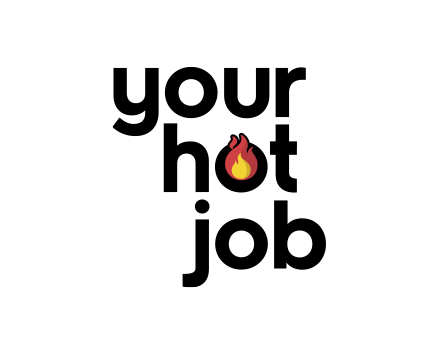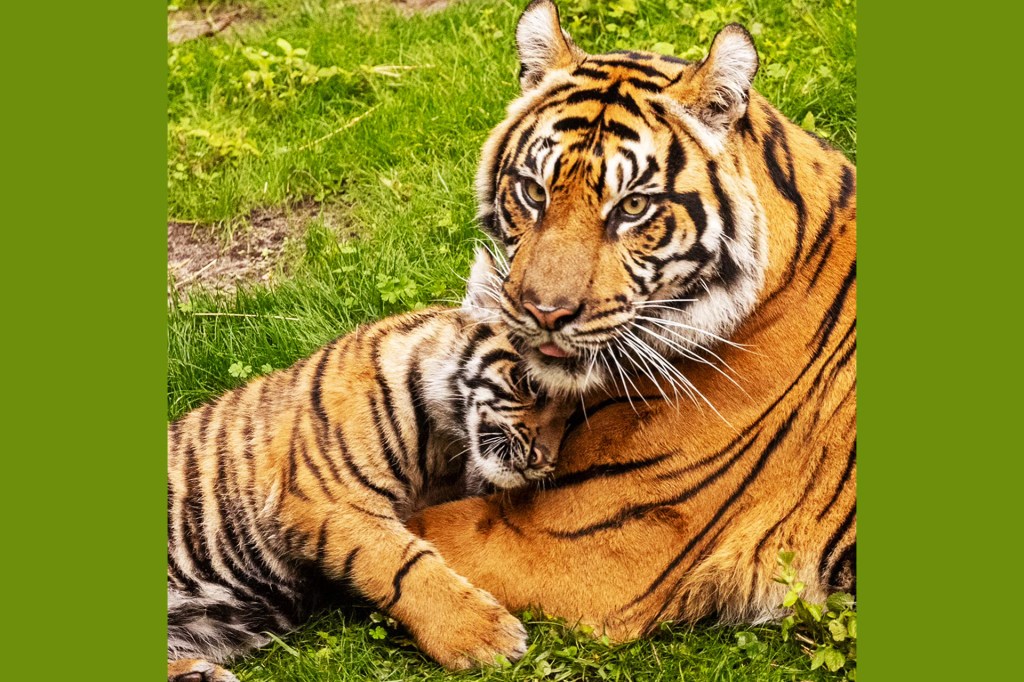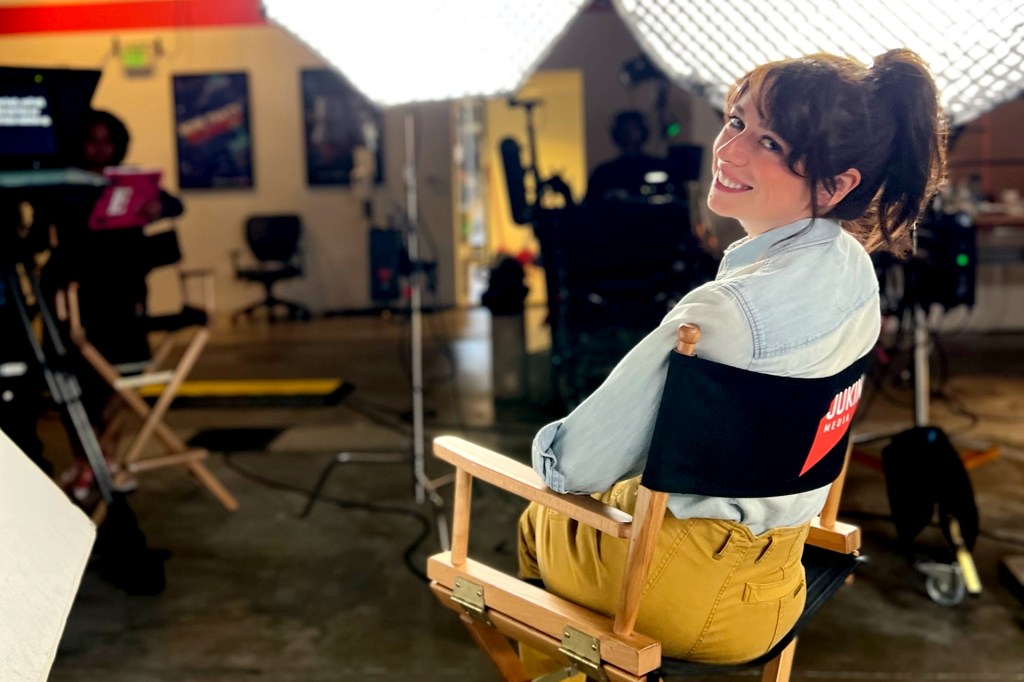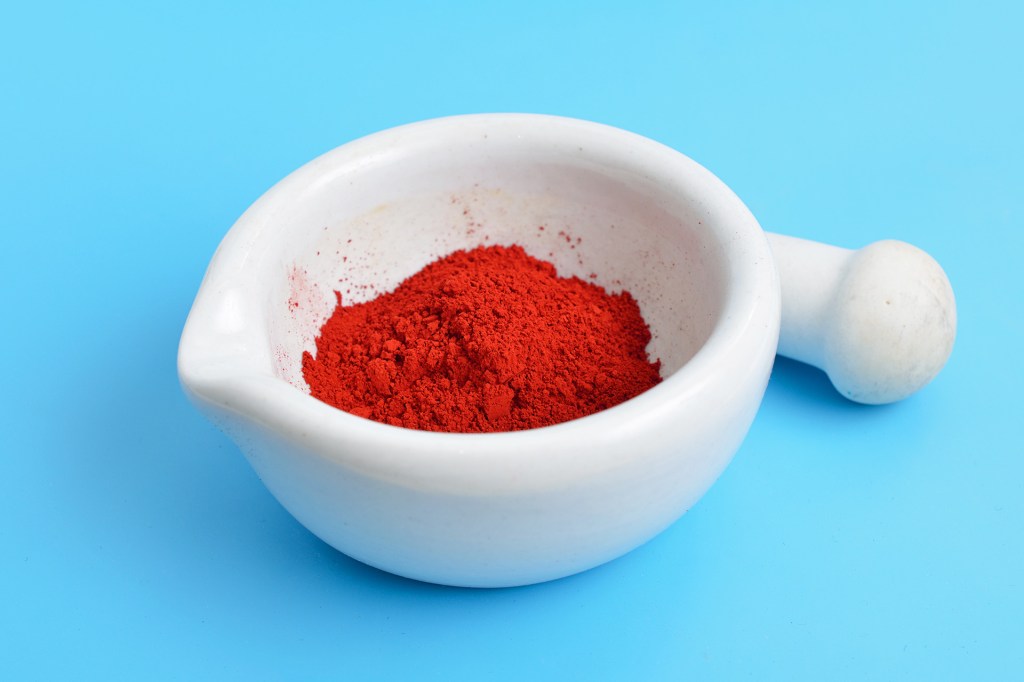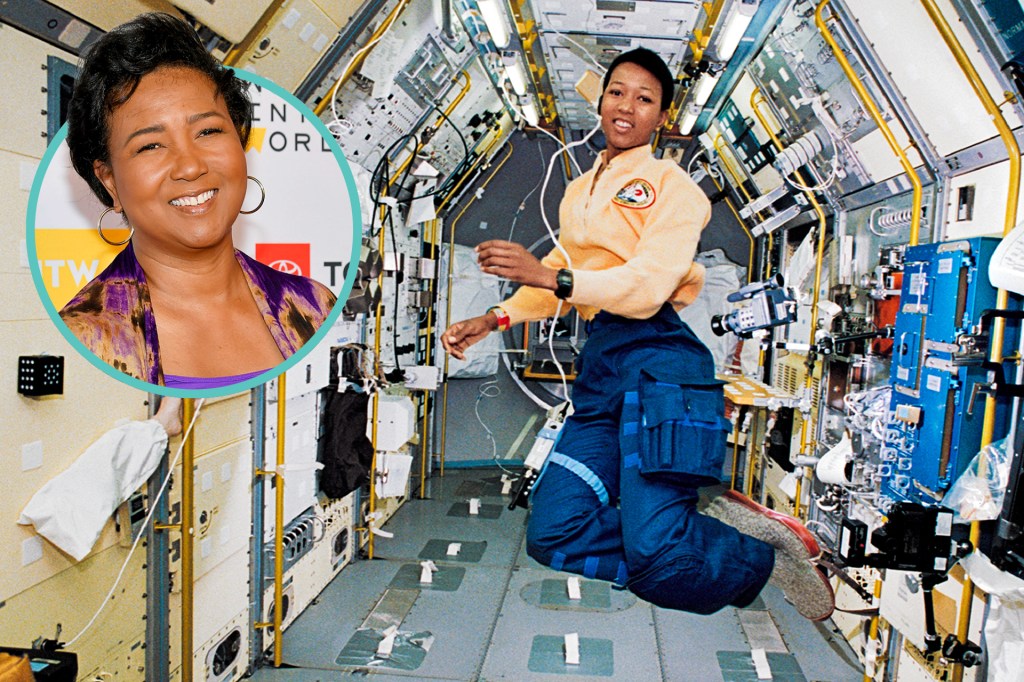
In 1992, Mae Jemison was the first Black woman astronaut to travel into space. In February, she published a new edition of Find Where the Wind Goes. It’s a book for young readers. She spoke with TFK Kid Reporter Bellen Woodard about her life and book.
1. What’s it like being in space?
One thing that is really interesting is being able to go around the Earth every 90 minutes and see this amazing planet. And I did a lot of work in space. I think people miss that astronauts do a lot of work, even if they’re not training for a mission.
2. What’s the most fun thing about being in space?
Being able to float. It’s such a silly feeling!
3. What’s your book about?
It’s about how to navigate
navigate
 ARNOLD MEDIA/GETTY IMAGES
to find a way through
(verb)
When we travel, I help my mom navigate by using a map app on her smartphone.
life and become the person you intend to be. [Life is] not about a job. It’s not what you study. It’s the kind of person you want to be inside. For me, that was always about exploration, creativity, and making a difference.
ARNOLD MEDIA/GETTY IMAGES
to find a way through
(verb)
When we travel, I help my mom navigate by using a map app on her smartphone.
life and become the person you intend to be. [Life is] not about a job. It’s not what you study. It’s the kind of person you want to be inside. For me, that was always about exploration, creativity, and making a difference.
4. I noticed that you use wind in the title and as a common theme in your book. Why?
It comes and it goes, and it leads you along a path. There are different types of wind. Some are very soft and subtle—they’re a little breeze. Some are strong. Those are some of the ways I think of the events in my life.
5. On the book’s cover, you’re wearing one feather earring. Why?
When I arrived in New York City for medical school, I had a feather in my ear. I used to wear just one feather earring in college a lot.
6. You’ve written that you love cats and feel they have superpowers. Can you explain?
When I was growing up, we always had pets. We had dogs and cats. We even had a rabbit. But what I loved about cats was how self-confident they were. Cats have these superpowers of being able to be self-confident, resilient
resilient
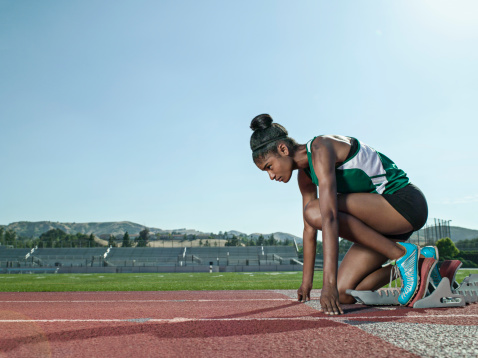 TONY ANDERSON—GETTY IMAGES
able to become strong, healthy, or successful again after something bad happens
(adjective)
Jenae is a resilient athlete who has recovered from several injuries.
, and flexible.
TONY ANDERSON—GETTY IMAGES
able to become strong, healthy, or successful again after something bad happens
(adjective)
Jenae is a resilient athlete who has recovered from several injuries.
, and flexible.
7. I heard someone say that, instead of asking kids what they want to be when they grow up, adults should ask what they want to change. What do you think?
Let me say this: There were experiences I had growing up when I questioned the fairness of society. They helped me think about making sure people are included. That’s guided me in my work. The more people’s perspectives you have, the better the ideas that come through.
8. I want people to be included too. What do you want to say to kids who don’t feel included?
Be who you are. Use your talents and don’t shrink!
This interview has been edited for length and clarity.

